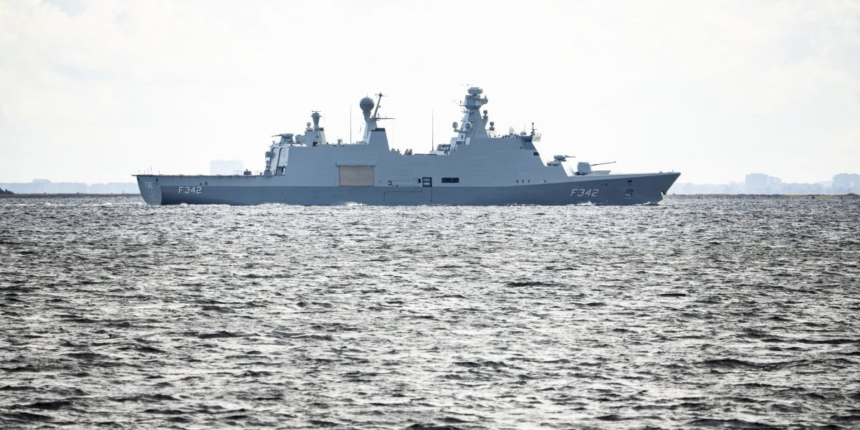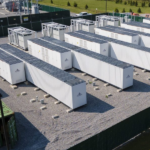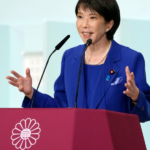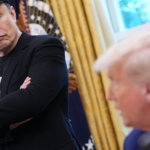Denmark, a founding member of NATO, has added to growing alarms about the threat of “hybrid war” from Russia as drone sightings spread to more European airports and even military installations.
“I hope that everybody recognizes now that there is a hybrid war, and one day it’s Poland, the other day it’s Denmark and next week, it will probably be somewhere else,” Danish Prime Minister Mette Frederiksen told reporters on Wednesday. “There is only one country…willing to threaten us, and it is Russia, and therefore, we need a very strong answer back.”
Denmark hasn’t directly attributed the recent drone incidents to Russia. But the remarks follow Russian drone incursions into Poland as well as Russian fighter jets violating Estonian airspace, forcing NATO to intercept them.
Russia’s ambassador to Denmark denied Moscow was involved in the drone flights, calling them “a staged provocation” designed to spark a military confrontation. Meanwhile, Russian President Vladimir Putin joked about the situation when asked about sending drones over Europe: “I’ll stop, I won’t send any more drones to France, Denmark, Copenhagen. Where else have they been flying?”
The growing alarms over hybrid warfare—operations in a grey area that stop short of a full-fledged military attack—come as Europe continues supporting Ukraine in its fight against Russia’s invasion and is considering ways to use frozen Russian assets.
In addition to arming Ukraine, Europe is racing to reinvigorate its own military capabilities amid the looming Russia threat and prodding from Trump that NATO spend more on defense.
On Wednesday, Frederiksen said Europe is in “the most difficult and dangerous situation since the end of the Second World War.”
“Russia is likely to be more willing to use military force in a regional war against one or more European NATO countries if it perceives NATO as militarily weakened or politically divided,” according to the assessment, which was dated Feb. 9. “This is particularly true if Russia assesses that the U.S. cannot or will not support the European NATO countries in a war with Russia.”









